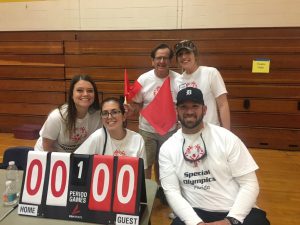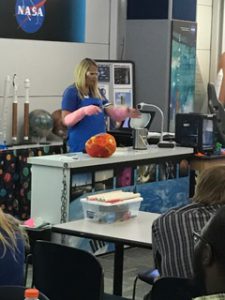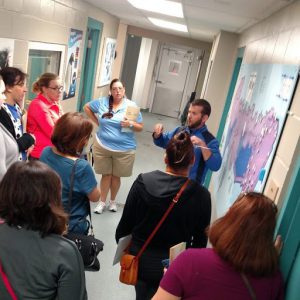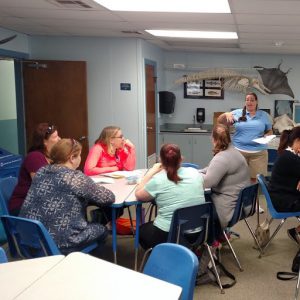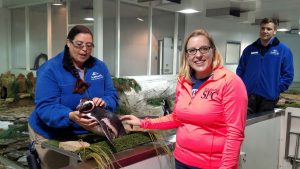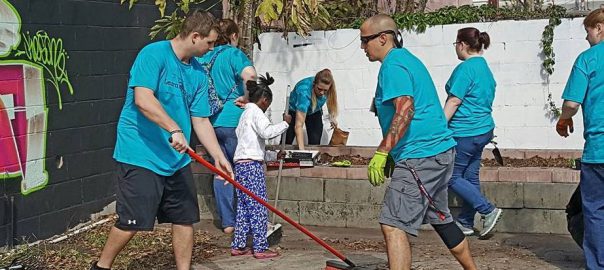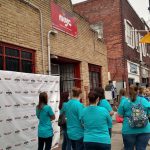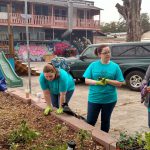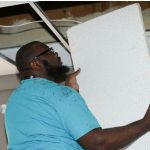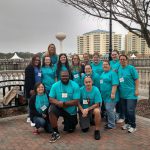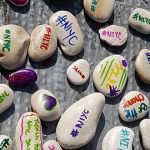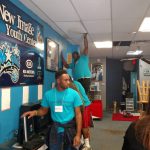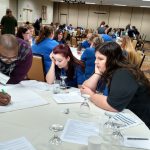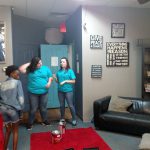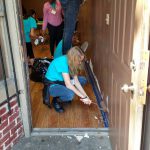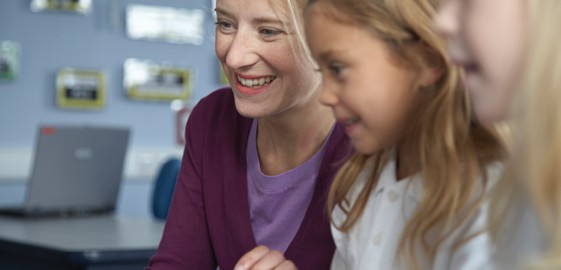Trying to figure out if teaching is the right career for you? St. Petersburg College is hosting an Education Open House Event on Thursday, June 8. During this career exploration event you can learn about education bachelor’s degree options that lead to:
- Florida certified teacher jobs
- Education careers outside the traditional classroom
Education Open House Event Details
Thursday June 8, 4-7 p.m.
SPC Clearwater Campus, Room ES 104.
Degree options
Early Childhood Education – Our programs in early childhood education follow a pathway to prepare you to work effectively with early learners (birth to age 4) and their families in both the public and private sectors.
Elementary Education – If you love learning and want to help students discover their potential, SPC’s College of Education is the place for you. Explore our new all online option geared for paraprofessionals and the true Florida distance learning student.
Exceptional Student Education – A bachelor’s degree in Exceptional Student Education (ESE) prepares you for a career in great demand: special education teacher.
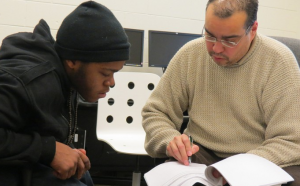
Educational Studies and Community Leadership (Totally Online) – Our Bachelor of Science in Educational Studies and Community Leadership is for those who want to deepen their understanding of the learning and teaching process, yet seek careers in non-school settings. Helping, guiding and coaching others to their dreams is a very satisfying fundamental form of job fulfillment.
Middle Grades Math and Science / Secondary Math & Science Education – Teachers with expertise and certifications in science and math remain in critical demand across Florida’s school districts.
Paths to Teacher Certification – temporary to full certification and renewal & reinstatement
Education AA Transfer Plan – This A.A. transfer plan is intended for students who want to pursue a bachelor’s degree in Education at St. Petersburg College.
Educator Prep Institute – Designed for those with a non-education bachelor’s degree or higher, our Educator Preparation Institute provides a fast-track certification program that only takes one year to complete.
Meet with faculty, advisors and staff during Education Open House
-
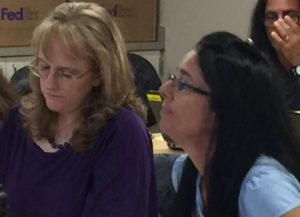
Attend a break out session on admission requirements and career program exploration
- Financial assistance information (scholarships for teaching, loans, and student employment)
- Panel discussion
- Meet students and explore teaching clubs
- Visit tables and learn about job opportunities
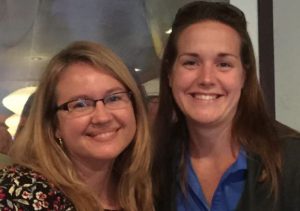 Reserve your seat today for COE’s June Education Open House Extravaganza
Reserve your seat today for COE’s June Education Open House Extravaganza
During their event there will be door prizes, food and an opportunity to enter a drawing for one of three teacher supply baskets valued at $300+ each!
http://web.spcollege.edu/survey/23799 or call Pat Roper at 727-712-5410 to for more information.

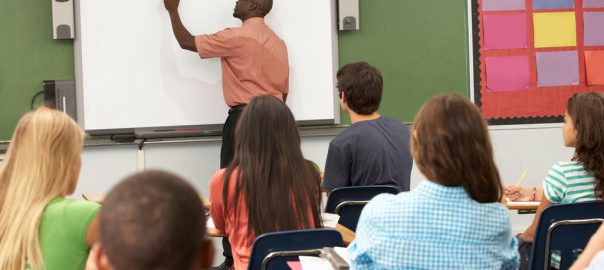



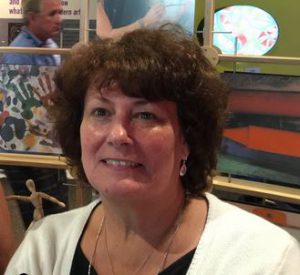

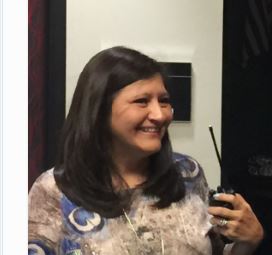
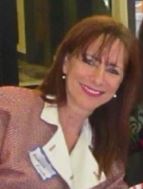
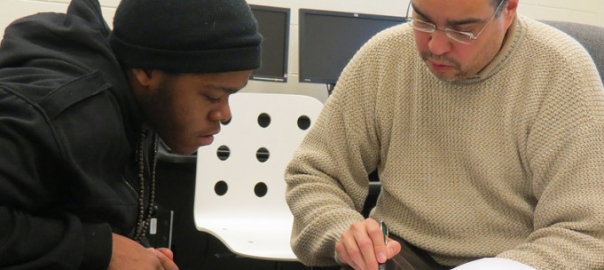


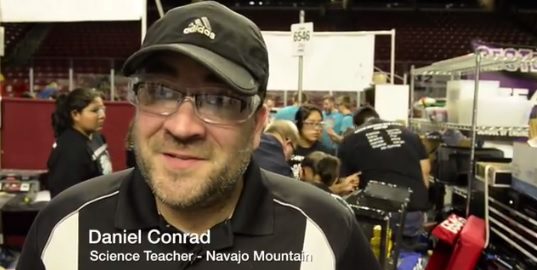







 Special Olympics
Special Olympics